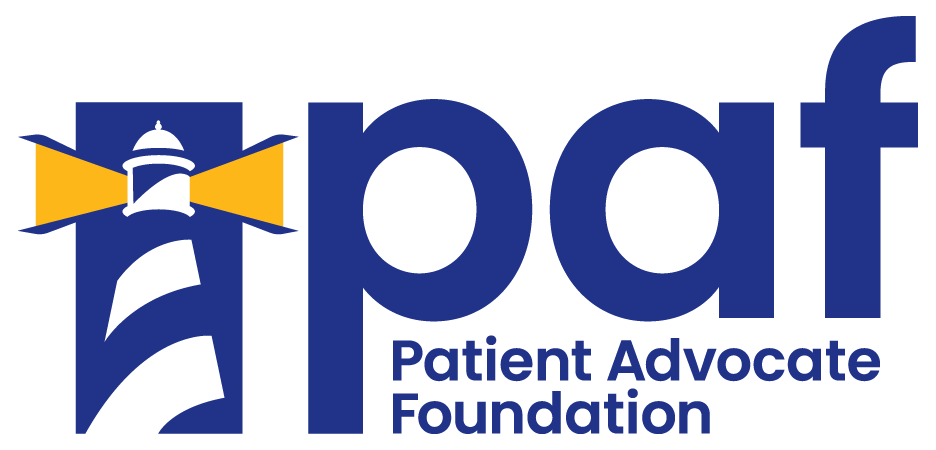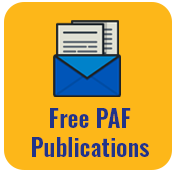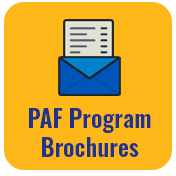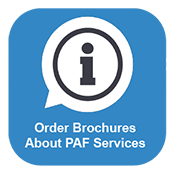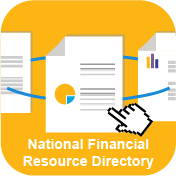Words that Impact Your Bill
Medical billing can be overwhelming and daunting. But if you become familiar with some important language that impacts your bill, it can ensure you can catch any issues that may present on your medical bills.
-
- Deductible The amount you pay for medical expenses before the insurance plan begins to cover any additional expenses. For example, if you have a $1,000 deductible, this means you will have to pay $1,000 out-of-pocket before your insurance company pays their portion for a covered service. Premiums do not count toward meeting your deductible.
-
- Premium The amount you must pay for your health insurance plan to remain active. If you have insurance through the workplace, your employer may pay a portion of your premium on your behalf as part of your employee benefit package.
-
- Out-of-Pocket Maximum This is the highest amount of money you will have to pay during your plan period. It includes the money you spent within the deductible amount, co-insurance, co-pays. Once you reach this limit, the insurance company will pay 100% of the allowable amount of costs for all covered benefits. Out-of-pocket maximum is higher than your deductible and does not include medication costs or services that are listed as excluded within your plan language. Today most plans have separate medication and medical out-of-pocket maximums.
-
- Allowed amount The negotiated rate your insurance company and provider have agreed upon for a particular service when completed within your insurance network. Your co-payments and co-insurance will be based on this amount.
- Preauthorization Your insurance plan may require prior approval for certain services, drugs, or equipment to consider any charges. Preauthorization is not a guarantee that the insurance plan will cover the cost of the service.
